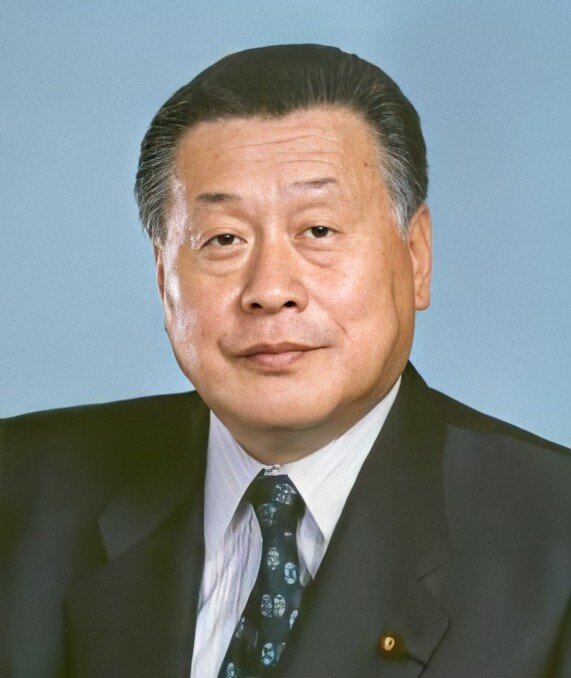Chief of the 2021 Tokyo Olympics Resigns Over Sexist Comments
Tokyo Olympics Chief Yoshiro Mori stepped down after the intense backlash his comments received. (Wikimedia Commons)
Former Japanese Prime Minister Yoshiro Mori resigned from his position heading the Tokyo Olympics organizing committee on Thursday after his sexist remarks about women on the board of directors.. Politicians lambasted his comments, and activists sparked an international outcry.
Mori had been responding to accusations that the Olympic board lacked gender diversity when he remarked that meetings would take “twice as long” if more women were allowed to sit on the committee and that “their speaking time [would have to be] restricted somewhat.”
The comments triggered immediate domestic backlash, with 500 volunteers withdrawing from the Olympic Games in protest. Activist Kazuko Fukuda started a petition, which drew more than 150,000 signatures, calling for the committee to condemn Mori’s remarks. Fukuda says that views like Mori’s continue to dominate Japanese society and are something with which women have “always struggle[d].”
Other prominent figures involved with the Olympics also criticized Mori. Akio Toyoda, whose Toyota Motor Corporation is one of the largest contributors to the Games, expressed “disappointment” over the remarks. Furthermore, an anonymous source involved with the planning of the Games noted that Mori’s comments inflicted “serious reputational damage.” These sentiments have led to several officials endorsing the idea of a woman serving as Mori’s successor on the board. This has all gone down with the Olympics scheduled to begin in less than five months.
“Diversity and harmony—that’s something that the person at the top needs to understand, embody and broadcast,” Yuriko Koike, Governor of Tokyo, said.
Mori’s comments are symptomatic of broader gender inequality within Japanese society. Japan ranks 121st out of 153 countries on the World Economic Forum’s gender equality index, and it has the greatest gender pay gap among the countries with the largest economies. Japan also ranks among the bottom ten countries in the Political Empowerment Index, which measures women’s leadership, influence, and opportunity.
During his tenure as Prime Minister, Shinzo Abe instituted a policy of “Womenomics” that aimed for women to hold 30 percent of managerial positions by 2020. However, currently women occupy only 15 percent of these positions. Moreover, Abe himself appointed only one woman to his cabinet, with his successor appointing two. This prompted former Defense Minister Tomomi Inada to call Japan “a democracy without women.”
However, Mori’s resignation may begin to change this climate, says Sophia University Professor of Political Science Mari Miura. Rarely has Japanese society so uniformly condemned comments like Mori’s, and Miura has recognized his resignation as a potentially “watershed event” for gender equality in Japan.

